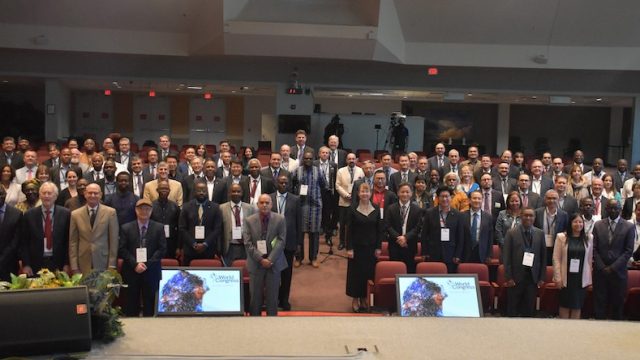When a health-care executive was murdered, many rejoiced. What does that say about us?

On December 4, millions in North America and beyond woke up to the news that United Healthcare CEO Brian Thompson, 50, had been shot and killed in a seemingly planned attack as he walked to a business meeting in the heart of New York City.
As more details of the fateful early-morning encounter became available, reaction from many in the public went from shock and fear to justifying and even gloating online about the health insurance executive’s demise. The company he led, which provides health insurance to 50 million Americans and earns hundreds of billions of dollars every year, had become a punching bag for thousands decrying denied coverage and questionable business practices. The company’s recent introduction of AI to assess and reject claims with no human involvement didn’t help its image either.
Suddenly, many in a supposedly rational, fair-minded society went to social media to glorify a violent death and the killer on behalf of vigilante justice. The “he deserved it” narrative soon swamped online platforms with ruthless assessments, gallows humor, and vindictive hatred.
The Source of Violence
According to some experts, such a knee-jerk reaction masks a hidden danger. In the aftermath of Thompson’s killing, Robert Pape, director of the University of Chicago’s project on security and threats, told The Guardian that he saw the public reaction as part of “a growing acceptance of violence as a way to settle civil disputes.” And “now the norms of violence are spreading into the commercial sector,” he told the newspaper.
Pape and others do not focus on whether a person’s behavior could ever justify their deliberate killing. Their emphasis is on what the decision among members of the public to go down that road says about our values as humans and about society in general.
Perhaps the irony of it all is that those who celebrate a particular act of violence by glorifying a killing, on one hand, and the supposedly stone-hearted corporations that bend the limits of ethics and decorum to increase their profits on the other, share a common thread: the belief that humans are left in this world to fend for themselves without God or guidance. At the end of the day, it is yet another iteration of the “survival of the fittest” motif, where the winner takes all, even other people’s lives, to fit their agenda, project, or dreams.
Choose Life
In Scripture, the golden thread from Genesis to Revelation is on actively pursuing life. God, Jesus said, “is not the God of the dead, but of the living” (Matthew 22:32), and we are commanded to “choose life” (Deuteronomy 30:19). Ultimately, Adventist health principles, love for God’s creation and the Sabbath, and focus on simple Christian life are in pursuit of the same goal: to follow in the footsteps of the One who came to earth so we “may have life, and have it to the full” (John 10:10).
Against that background, death is always a muddled affair because it was not part of the original plan. While it may be true that this side of eternity, death sometimes brings closing, peace, and even well-deserved rest, it is always an extemporaneous occurrence, an insurmountable obstacle we should despise, not celebrate. Even King David, a man after God’s own heart, was disqualified from building a temple to the Lord because of his God-sanctioned life as a warrior who had “shed blood” (see 1 Chronicles 28:3).
Following the Source
Jewish scholars often found it hard to reconcile the biblical emphasis on the merciful character of God and “his work, his strange work, … perform[ing] his task, his alien task” (Isaiah 28:21) of destruction. Rabbinical tradition taught, for example, that when the people of Israel, led by Moses and Miriam, sang to the Lord after crossing the Red Sea and seeing the destruction of the Egyptian army, God eventually spoke, telling them, “Enough! Why are you singing and dancing? Many of my children have died today!” For God, every person, no matter their behavior or decisions, is His child.
This narrative is a rhetorical device used to point to a God who takes “no pleasure in the death of the wicked, but rather that they turn from their ways and live” (Ezekiel 33:11). And those who say to follow the One in whom “was life, and that life was the light of all mankind” (John 1:4) cannot do otherwise.
Let us eschew, then, death and death-inducing practices through our choices, our witnessing, and our advocacy. And let us strive to uphold life as a principle but also practically, in the form of lives worth living. As followers of the Source of all life, we don’t have another choice.
All Bible quotations in this commentary are taken from the Holy Bible, New International Version®, NIV®. Copyright ©1973, 1978, 1984, 2011 by Biblica, Inc.® Used by permission. All rights reserved worldwide.







